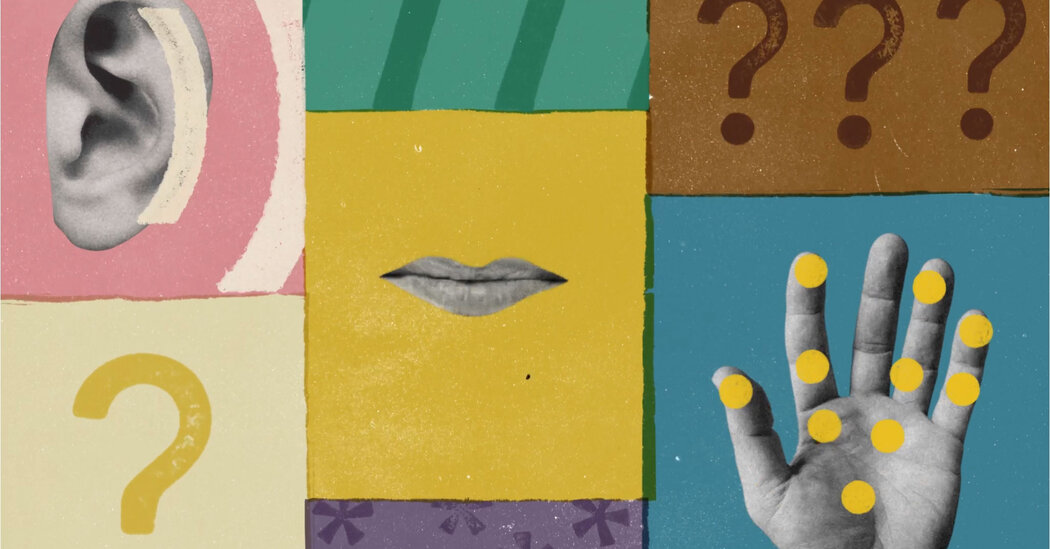When the World Health Organization declared Covid-19 a global pandemic in March 2020, nearly everything about the novel coronavirus was an open question: How was it spreading so quickly? How sick would it make people? Would a single bout buy you protection from future cases?
In the four years since, scientists have unraveled some of the biggest mysteries about Covid. We now know far more about how it spreads (no, standing six feet apart isn’t surefire protection), why it doesn’t seem to make children as sick as adults and what’s behind the strange symptoms it can cause, from brain fog to “Covid toe.” Here’s a look at what we’ve learned.
Why do people’s experiences with Covid vary so widely? And are superdodgers real?
By now, most Americans have had Covid at least once. While the majority of those infected have been hit with flulike symptoms, some have been hospitalized with serious respiratory issues, and others have had no symptoms at all.
Part of this can be explained by the amount of virus we are exposed to, but our bodies also play a big role. People who are older or have existing health problems tend to have more severe symptoms because their immune systems are already weakened. In some cases, the body can fight off the virus before it replicates enough to cause symptoms, or clear it so quickly that a person never tests positive. There’s also strong evidence that vaccination makes illness less severe.
Experts said that most likely, people who have never been infected are fully vaccinated, very cautious about avoiding exposures (through masking and avoiding crowds) or work from home.
Scientists have been trying to investigate if there’s something biologically unique about Covid superdodgers that gives them immunity to infection. But the closest they have come is finding that mutations in the human leukocyte antigen — which signals to the immune system that cells are infected — can help clear out the virus so quickly that a person might be completely asymptomatic.
